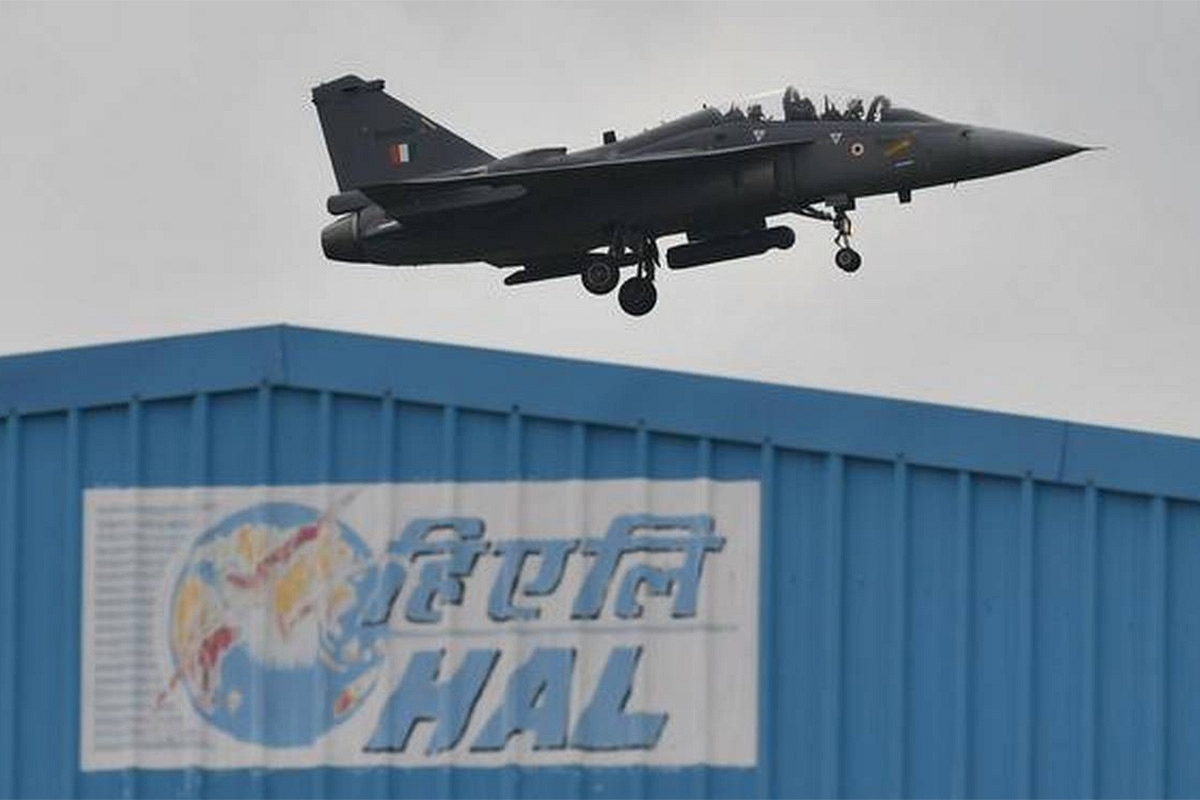Insta
'Drone Warfare Programme': HAL To Soon Get Govt Approval To Develop Indigenous High Altitude Pseudo-Satellite

HAL
The state-owned Hindustan Aeronautics Limited (HAL) is anticipating receiving government approval for funding of over Rs 700 crore to develop an indigenous High Altitude Pseudo-Satellite (HAPS). This project is a part of the drone warfare program being carried out for the defence forces.
The HAL is implementing this project in collaboration with the Bengaluru-based National Aerospace Laboratories (NAL). About three-four years’ time will be required to develop the HAPS whereas the initial prototype will cost less than Rs 50 crore.
The scaled prototype will have a 70-feet wing span and HAL is expecting approval for the clearance of funds by October.
“We will get the approval sometime in October. First there will be a scaled prototype of about 70-feet wing span. The initial prototype may cost less than Rs 50 crore. It will take a minimum of 3-4 years to develop HAPS. We are already working on its design. Moreover, funds will be utilised over a long period of time,” an official working closely with the project said.
“I can confirm that we are far ahead in terms of development of HAPS. We have started this project as part of our unmanned drone warfare programme called Combined Air Teaming System (CATS),” HAL Chairman R Madhavan was quoted by the Indian Express.
He added, “Soon an institutional prototype will be ready. The entire development of HAPS will take a few years. The initial investment which we required was Rs 700 crore, but this will be spent over the years.”
The HAPS will weigh over 500 kgs and can fly at an altitude of 70,000 feet and even stay up there for months. It will utilise the solar energy and will be put into use in the telecommunications and the remote sensing sectors that will be looking after both defence and civilian purposes.
The HAPS is designed in order to act as a bridge between the conventional satellites and the UAV.
Introducing ElectionsHQ + 50 Ground Reports Project
The 2024 elections might seem easy to guess, but there are some important questions that shouldn't be missed.
Do freebies still sway voters? Do people prioritise infrastructure when voting? How will Punjab vote?
The answers to these questions provide great insights into where we, as a country, are headed in the years to come.
Swarajya is starting a project with an aim to do 50 solid ground stories and a smart commentary service on WhatsApp, a one-of-a-kind. We'd love your support during this election season.
Click below to contribute.
Latest